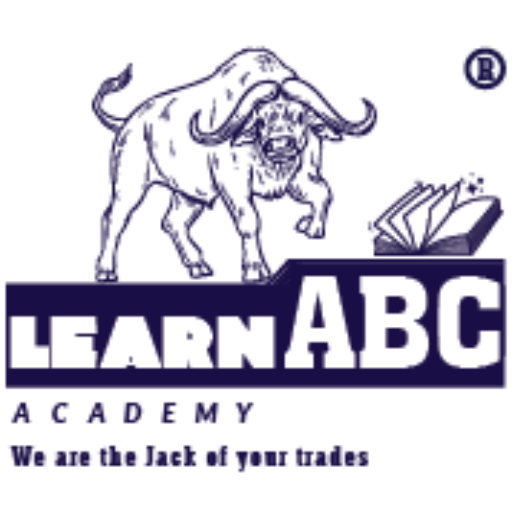Introduction to Economics
The Study of Economics: Unraveling the Mechanisms of Wealth and Resources
- Economics, often described as the study of scarcity and choice, delves into how individuals, businesses, governments, and societies allocate resources. It examines the production, distribution, and consumption of goods and services, aiming to understand and predict economic behavior. This article explores the significance of studying economics, the core branches of the field, and the career opportunities it offers.
Why Study Economics?
- Understanding Markets: Economics helps explain how markets function, how prices are determined, and how resources are allocated efficiently.
- Policy Formulation: Knowledge of economics is crucial for designing policies that promote economic stability, growth, and development.
- Informed Decision-Making: Economics provides the tools to make rational decisions by analyzing costs and benefits.
- Global Perspective: It offers insights into global economic issues, including trade, inflation, unemployment, and economic development.
Major Branches of Economics
- Microeconomics
- Focuses on the behavior of individuals and firms in making decisions regarding the allocation of limited resources.
- Analyzes market mechanisms, price formation, and the behavior of consumers and businesses.
- Macroeconomics
- Examines the economy as a whole, including aggregate indicators like GDP, unemployment rates, and inflation.
- Studies economic growth, monetary and fiscal policy, and international trade.
- Development Economics
- Explores economic development in low-income countries.
- Investigates issues such as poverty, inequality, and the impact of policies on economic growth.
- International Economics
- Analyzes trade between countries, exchange rates, and the effects of globalization.
- Studies international financial systems, trade policies, and economic integration.
- Behavioral Economics
- Combines insights from psychology and economics to understand how people make economic decisions.
- Challenges the assumption of rational behavior in traditional economic theories.
The Excitement of an Economics Career
- Economic Analyst
- Analyze data to understand economic trends and forecast future economic conditions.
- Work in government agencies, financial institutions, and research organizations.
- Policy Advisor
- Develop and evaluate policies to address economic issues.
- Work for governments, think tanks, and international organizations.
- Financial Consultant
- Provide advice on investments, financial planning, and risk management.
- Work for consulting firms, banks, and investment companies.
- Market Researcher
- Study market conditions to identify potential sales of a product or service.
- Work for corporations, marketing firms, and advertising agencies.
- Academic and Educator
- Conduct research and teach economics at universities.
- Inspire future economists and contribute to the academic body of knowledge.
Conclusion
- Studying economics offers a comprehensive understanding of how the world works, from individual choices to global markets. It equips students with analytical and critical thinking skills that are valuable in numerous career paths. Whether you are interested in influencing public policy, analyzing financial markets, or understanding global trade, a background in economics provides the tools to navigate and shape the economic landscape.






